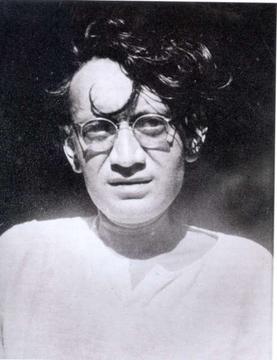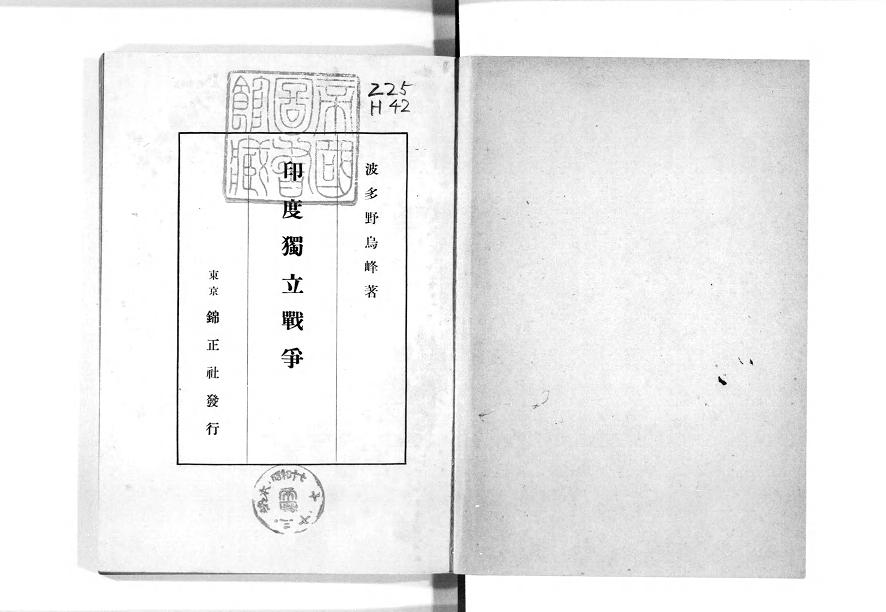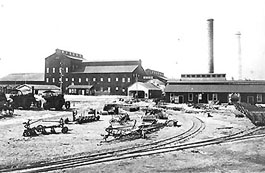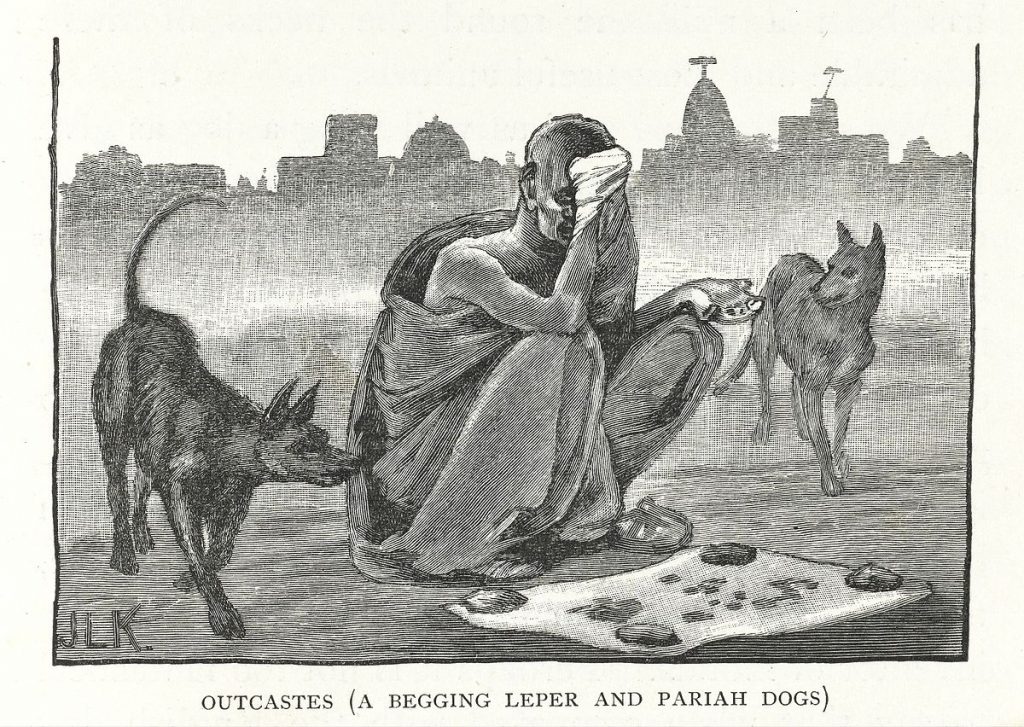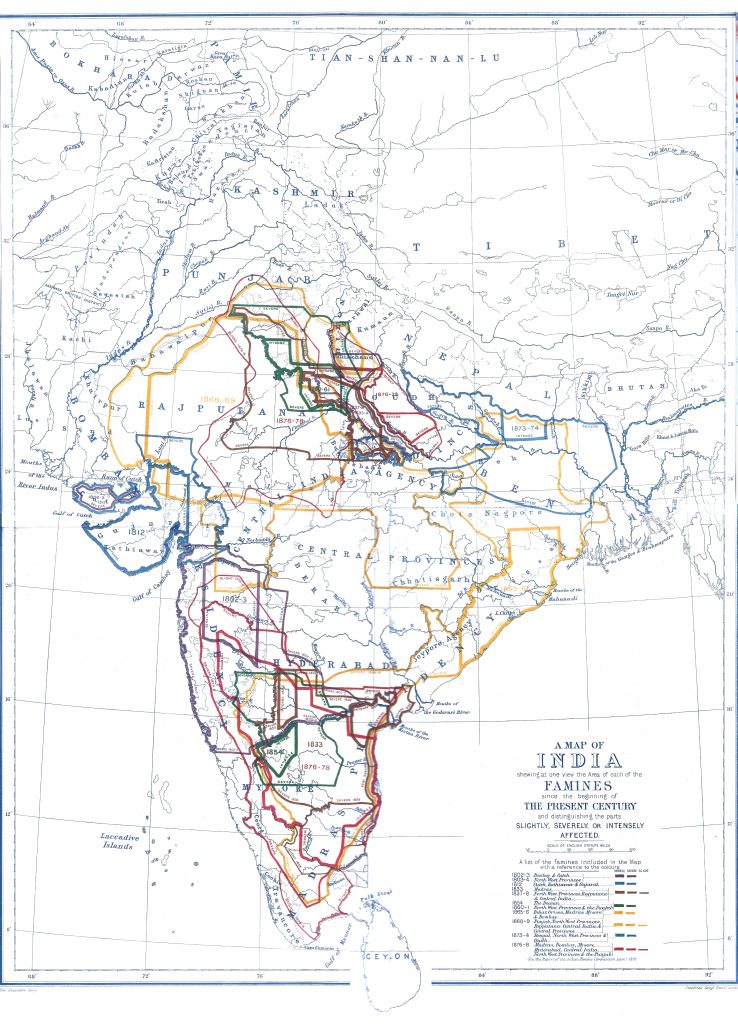By Bondita Baruah The catastrophic Partition of India in 1947 directed the trajectory of modern Indian history, dividing the country on religious lines, Hindus and Sikhs being assigned India while Muslims were granted Pakistan and East Pakistan (now Bangladesh). The exodus of twelve million people that moved in between the newly built borders led to […]
By Adrian J. Browne In the world of party schools for political education in inter-war Britain, one of the most dedicated participants was a middle-aged Indian intellectual advancing a very particular agenda. The political pedagogue in question was one of Bengal’s wealthiest land magnates, Sir Bijay Chand Mahtab, the Maharajadhiraja Bahadur of Burdwan. He was […]
By Parul Srivastava “…but I am not an important person, why do you want to record my experience? Who will want to listen to my experience when my children have never cared to ask me about how I came to India from Karachi, Pakistan…”?[1] – An interviewee’s words when I explained why I wanted to […]
By Aaron Peters During the Asia-Pacific War (1937-1945) as Japan was extending its wartime empire across China and Southeast Asia to the borders of British India, a Japanese-language history of the Indian Rebellion of 1857 was published in May 1942 under the title, “India’s Independence War” (Indo dokuritsu sensō, 印度独立戦争). Its author was a man […]
By Maureen McCord Why did so many South Asians, in the early years of the nineteenth century, choose to become indentured laborers, signing five years of their lives away to work on sugar plantations in Mauritius? Previous work on the earliest years of Indian indentured labor—a labor practice which eventually spread from this small Mascarene […]
By Pallavi Das At the close of 2019, when the world was preparing to ring in the new year, two scourges were preparing to intensify their impact upon the world. On one hand, was the novel coronavirus that was wreaking havoc in China. On the other, was the locust infestation that had been plaguing the […]
By Ankit Kawade Max Weber begins his treatise Ancient Judaism with the following comparativist premise: “The problem of ancient Jewry, although unique in the socio-historical study of religion, can best be understood in comparison with the problem of the Indian caste order.”[1] Weber’s premise of studying Jewish religious history in comparison with the caste order […]
By Emma Wordsworth Food, despite being both a biological necessity and a symbolic cultural touchstone, has only recently been recognised as a major historical force. As historian David Arnold persuasively argued in 1988, “food was, and continues to be, power in a most basic, tangible, and inescapable form”.[1] Certainly, in the early 1870s, the issue […]
